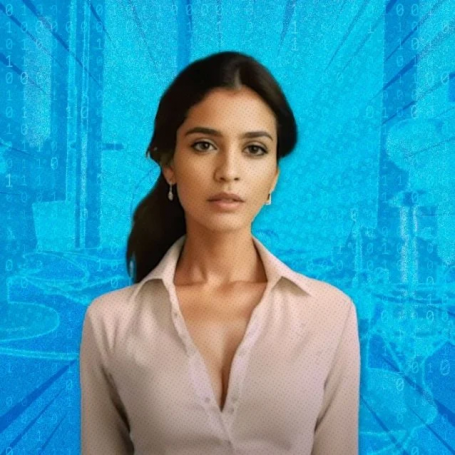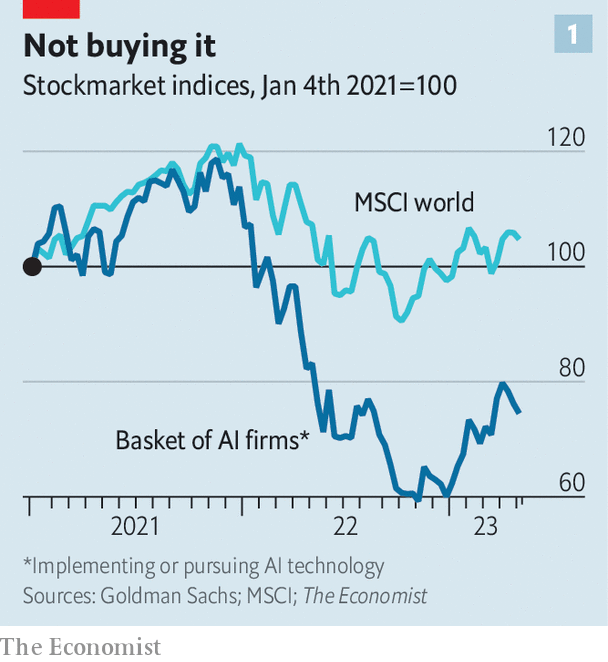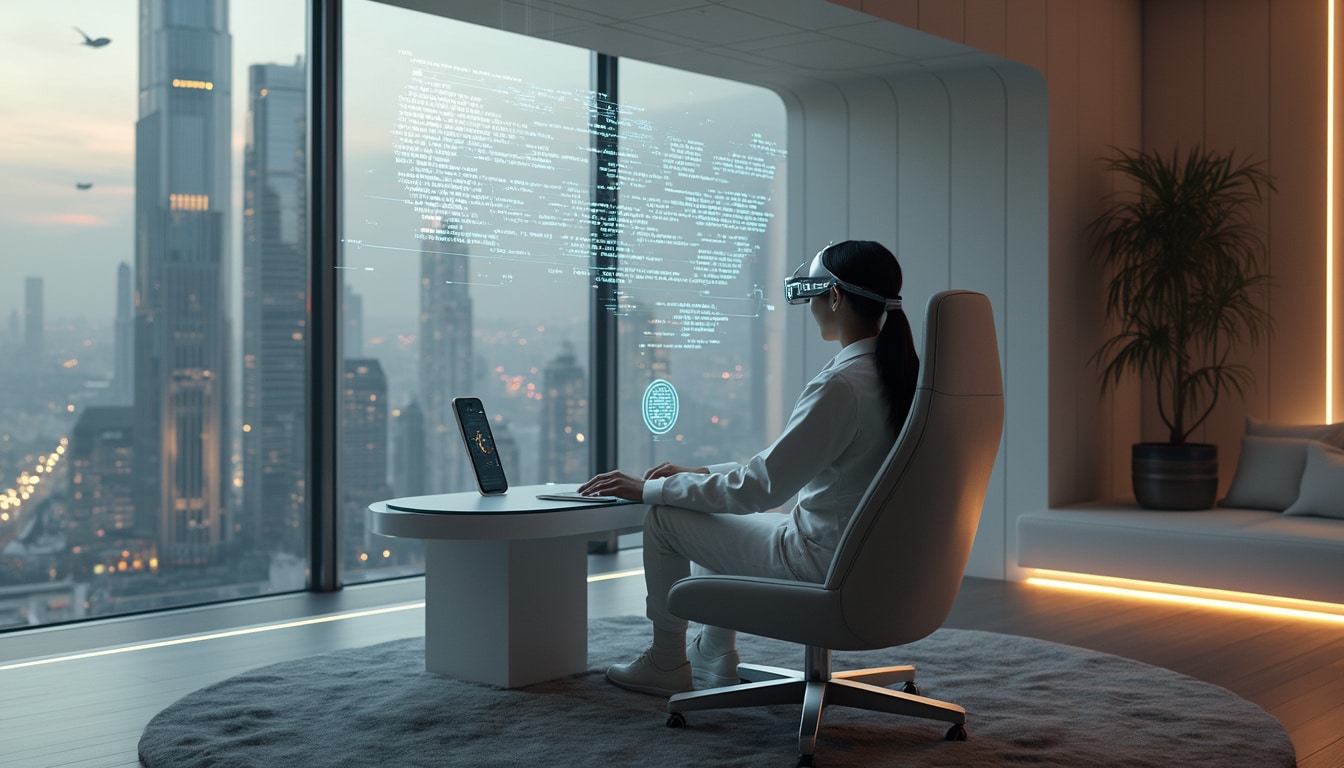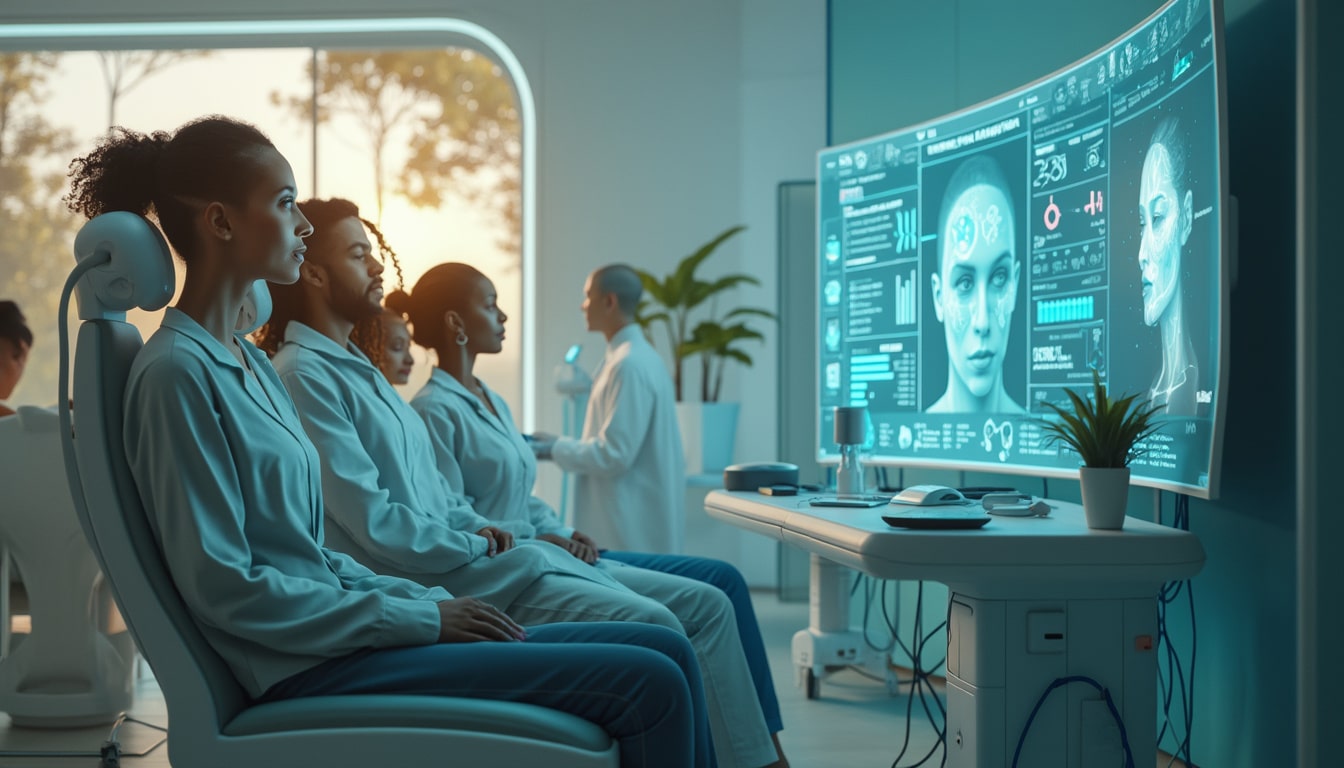As we stand on the cusp of a technological renaissance, the prospect of artificial intelligence is no longer a distant dream but an imminent reality. Predictions from key industry leaders, including a former CEO of Google, signal a seismic shift in how we will live, work, and interact within just two short years. This wave of innovation promises to redefine our understanding of efficiency, creativity, and connectivity, challenging the boundaries of what we once thought was possible. Buckle up, because the AI revolution is just around the corner, and its impact is poised to be nothing short of transformative.
Table of contents
ToggleThe Dawn of a New Era in AI

Artificial Intelligence (AI) is poised for an extraordinary evolution, according to Eric Schmidt, the former CEO of Google. In a recent discussion at Stanford University, he illuminated how advancements in AI technology are not merely on the horizon—they are imminent. Experts like Schmidt believe that transformative changes will occur within the next two years, elevating AI capabilities to unprecedented heights.
A Transformative Discussion Among Experts

During an engaging exchange with fellow AI specialist Erik Brynjolfsson, Schmidt highlighted the current challenges AI faces, including hallucinations and limited resources. However, he expressed optimism, asserting that a major leap is on the way. As noted, ‘AI is still in its infancy,’ and groundbreaking innovations are expected to reinvent our relationship with this technology.
Learning and Adapting at an Unmatched Speed
One of the key drivers of this rapid transformation will be machine learning. Schmidt emphasized that as AIs continue to train and refine their accuracy, the gap between sophisticated AI models and their competitors will narrow significantly. He cited Claude from Anthropic as an example, boasting 200,000 tokens and highlighting the potential for far more.
From Fiction to Reality: AI as a Personal Programmer
Imagine having a personal programmer at your fingertips; this is not just a dream, but a likely reality within two years. Schmidt envisages a future where AI can conjure up anything from your wildest ideas, revolutionizing the way we create and innovate. This potential could reshape industries, making tasks easier and more efficient.
In the Crosshairs of Innovation: The Ethical Dilemma
Despite its promise, the rise of AI presents undeniable challenges. Schmidt cautioned against potential misuse of AI technologies, illustrating concerns with a chilling hypothetical: ‘Create a copy of TikTok, using all available user data, in just 30 seconds.’ He indicated that while such requests are currently beyond the reach of today’s AI, they could soon be executed by advanced models within the next few years.
The Call for Responsible Innovation
However, with great power comes great responsibility. Schmidt stressed the significant investments required to harness AI responsibly, highlighting issues of energy consumption and ethical implications. As AI grows more capable, society must tread carefully to ensure that these technologies are used for good rather than harm. There is a potential for AI to drive massive reform worldwide, but it also faces scrutiny regarding its impact on existing infrastructures.
A Realistic Yet Optimistic Outlook
Schmidt’s insights, shared in an intimate session rather than a grand lecture hall, suggest a blend of practicality and enthusiasm about what’s to come. He acknowledges past mistakes in predicting AI’s rapid evolution but remains committed to the belief that surprising advancements will soon emerge.
As we stand on the cusp of these changes, one must ponder: will AI truly reach these ambitious milestones by 2026? The conversation is just beginning, and your thoughts are welcomed!
I'm playing around with generative AI tools and stitching them together into visual stories. Here I took the first few sentences of Pride and Prejudice and made it into a video.
— Andrej Karpathy (@karpathy) July 4, 2024
The gen stack used for this one:
– @AnthropicAI Claude took the first chapter, generated the scenes… pic.twitter.com/vX64avfRUY














